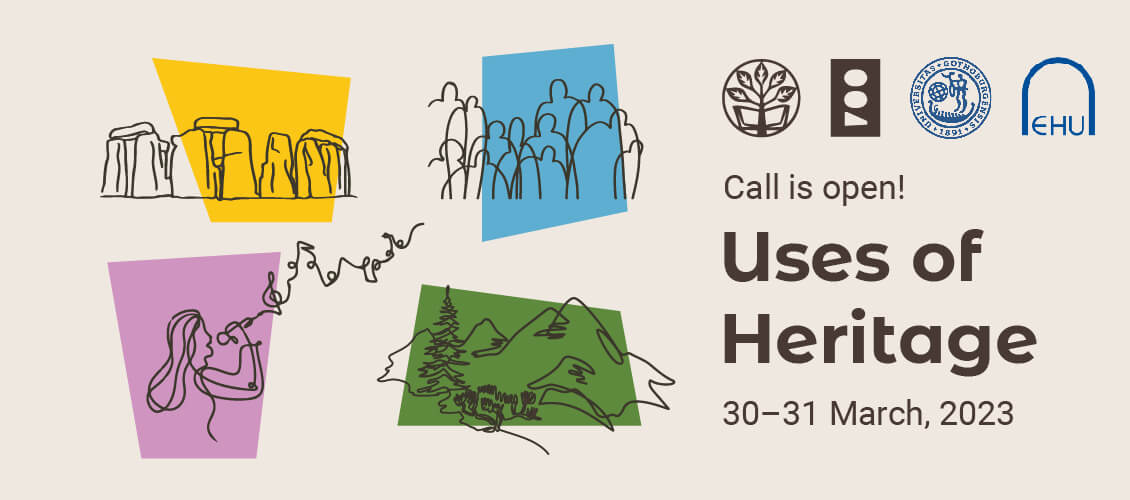On the one hand, the scholars and experts of cultural heritage are trying to preserve and save the historical and cultural objects destroyed by the rapid financialization of urban space in favour of new development projects, on the other – voices of the underrepresented groups whose heritage never been protected or even represented within the authorised discourse are trying to claim their right for heritage. The division between the dominant top-down Authorised Heritage Discourse and the bottom-up democratic understanding of heritage leads to polarisation of the term and leaves out the diversity of heritage practices that lay behind the institutionalised understandings.
We join the discussion introduced by the researchers in the field of critical cultural heritage studies (Smith 2006, Smith and Waterson 2012, Ashley and Frank 2016, Waterton and Watson 2015) and aim at combining the theoretical approach with a practical point of view. The focus of the Winter Session is to explore the plurality of ways to understand and use heritage. Questions addressed in the symposia include, but are not limited to:
- What are possible alternative or complementary understandings that might open more resources, practices and opportunities for heritage work?
- How can the mundane, everyday practices and uses of heritage open for better representation of tangible and intangible objects, actors and practices of care?
- Could heritage be researched and discussed without defining it and without losing the common ground?
For those interested, we can provide a certificate of participation with international ECTS points.
To apply please fill in the application form. Accepted participants will be notified by 12 February 2023, including all the relevant details regarding the registration.
To learn more details about the event.
